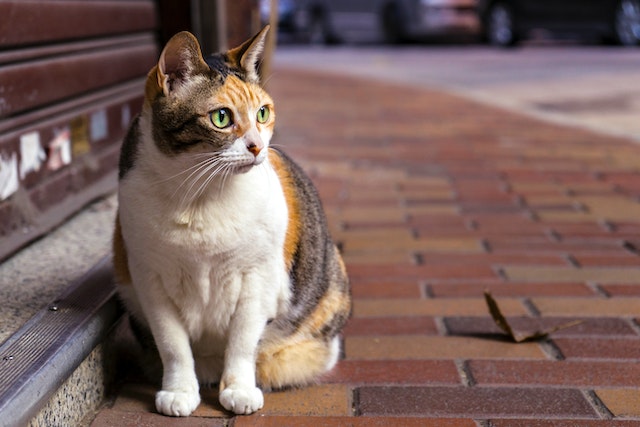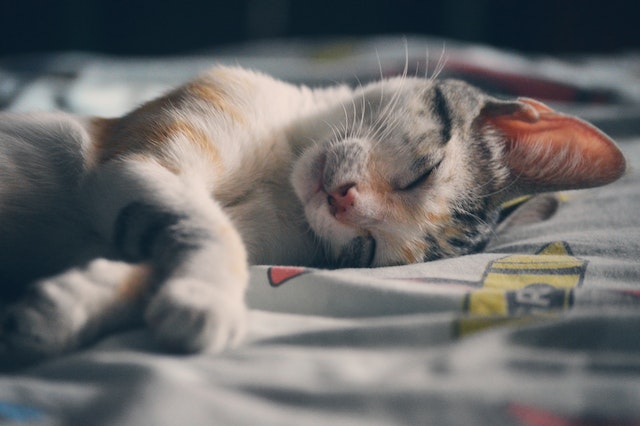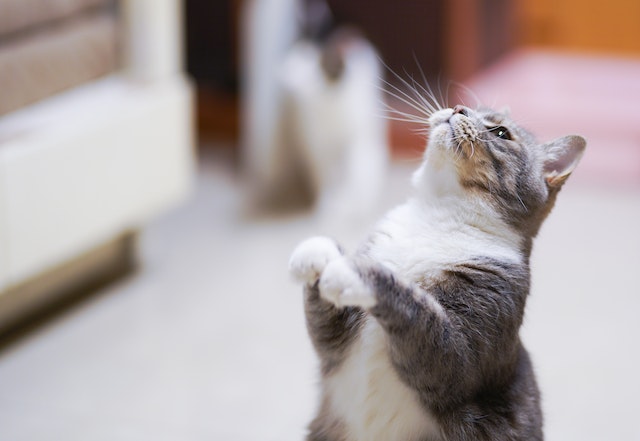How to Care for an Aging Cat

As cats age, their needs and care requirements change. As a cat owner, it is important to understand these changes and provide the necessary care to ensure your feline friend stays happy and healthy in their golden years. Here are some tips on how to care for an aging cat.
Regular vet check-ups: Regular vet check-ups are important for all cats, but they become even more crucial as your cat ages. Your vet will be able to detect and treat any health issues early on, preventing them from becoming more serious. They will also be able to recommend any changes to your cat’s diet or exercise routine that may be necessary as they age.
Diet and nutrition: As cats age, their metabolism slows down and they may become less active. This means they will require fewer calories and may need a diet that is higher in protein and lower in fat. Your vet may recommend a special diet for your aging cat to help them maintain a healthy weight and prevent obesity.
Exercise and activity: Even though your cat may be less active as they age, it is still important to encourage them to exercise. This can include playing with toys or going for short walks on a harness. Regular exercise can help prevent muscle loss and maintain mobility, making it easier for your cat to move around as they age.
Grooming: As cats age, they may have a harder time grooming themselves due to mobility issues or arthritis. This means they may need more help to keep their coat clean and shiny. Brush your cat regularly and trim their nails to prevent them from getting caught on things and causing injury.
Comfort: As cats age, they may develop arthritis or other conditions that can make them uncomfortable. Provide them with a warm and cozy bed, and consider adding ramps or steps to help them reach high places. Keep their litter box and food bowls on the ground floor to make it easier for them to access.
Medications: As cats age, they may develop conditions that require medication. Make sure you give your cat their medication on schedule and as directed by your vet. If your cat has difficulty swallowing pills, ask your vet about alternative forms of medication such as liquids or transdermal gels.
Mental stimulation: As cats age, they may become less interested in playing and exploring. However, it’s still important to provide them with mental stimulation. This can include interactive toys, puzzle feeders, or even just talking to them.
Love and attention: As your cat ages, they may need more love and attention than ever before. Spend time with them and show them how much you care. This can include petting, grooming, or simply sitting with them.
Taking care of an aging cat requires patience and understanding. By understanding the changes that occur as cats age and providing the necessary care, you can help your feline friend live a happy and healthy life in their golden years. Regular vet check-ups, a healthy diet, exercise, grooming, and comfort are all important factors to consider when caring for an aging cat. Additionally, providing mental stimulation, medications and love and attention are all ways to ensure your feline friend stays happy and healthy in their golden years. Remember, your cat may not be as active as they once were, but they still need love and attention. With proper care, your aging cat can continue to be a cherished member of your family for many years to come.

